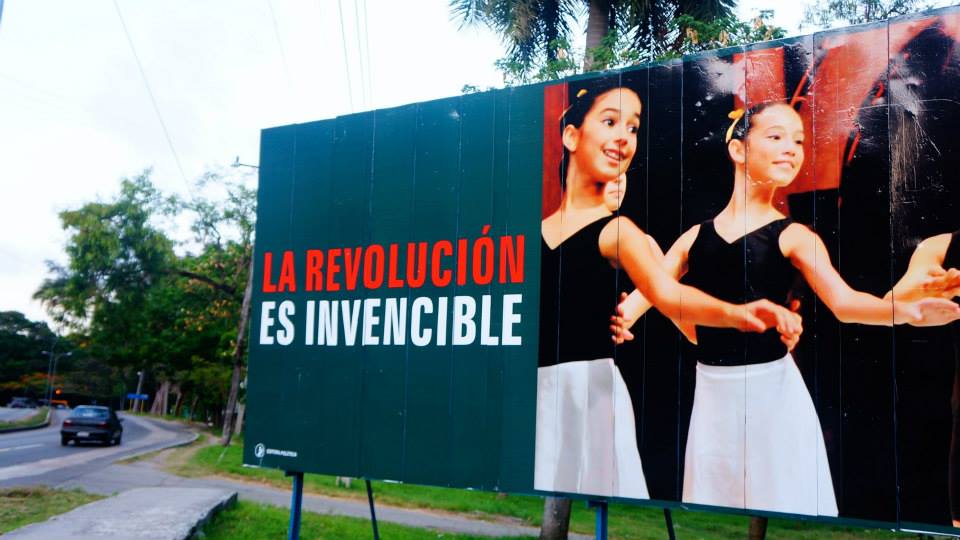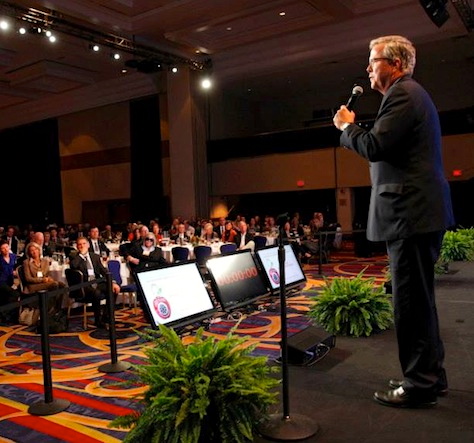
One day, the Castro regime will end, and the Cuban people may have the right to decide which elements of ‘socialism’ they will keep and which they will jettison. It will be their decision, of course, not the decision of any American official sitting in an office in Washington.![]()
![]()
Yet the Trump administration’s decision last week to roll back some (importantly — not all) of the changes that characterized the Obama administration’s opening to Cuba makes that day more difficult to see on the horizon.
After just over five months in office, US president Donald Trump’s decision on Cuban policy almost perfectly crystallizes the way decisions are made in his administration. Trump was all over the place on Cuba in his improbable 2015-16 presidential campaign but by the time of the general election, Trump was promising Republicans — including older Cuban Americans in electoral vote-rich Florida — that he would roll back the Obama administration’s overtures.
* * * * *
RELATED: Why normalization with Cuba will be harder than advertised
* * * * *
Dutifully, Trump went to Miami last Friday, flanked by Florida senator (and former presidential rival) Marco Rubio and others, to announce exactly that, denouncing the Obama administration’s ‘one-sided deal’ with Cuba:
Back from Miami where my Cuban/American friends are very happy with what I signed today. Another campaign promise that I did not forget!
— Donald J. Trump (@realDonaldTrump) June 17, 2017
But the golden rule of the Trump era is quickly becoming: don’t worry about what he says or Tweets, look at what he does. And behind the bombast about defending human rights or the rhetoric trashing Barack Obama, Trump is leaving the guts of the Obama-era opening in
In reality, Trump’s policy rolls back very little. The hallmark of the Obama-era, Pore Francis-brokered deal — reestablished diplomatic relations and reopened embassies in Havana and Washington — is unchanged. The direct flights that many US carriers now operate from throughout the United States will continue. Trump will not restore Bush-era limits on Cuban Americans to travel back to the island or send money back. US tourists who continue to travel to Cuba under the new regulations will still be permitted to bring home some of Cuba’s famous cigars and rum. Nor does Trump’s new policy reinstate the ‘wet foot, dry foot’ policy that the Obama administration ended on January 13, which previously permitted all Cubans who reached US soil to remain in the United States (while repatriating Cubans intercepted at sea).
It’s classic Trump — make a promise based on short-term considerations, back down in the face of facts and real-world constraints, then keep just enough of your promise to declare victory. Continue reading Cuba is the perfect example of Trump’s shambolic foreign policy decision-making

